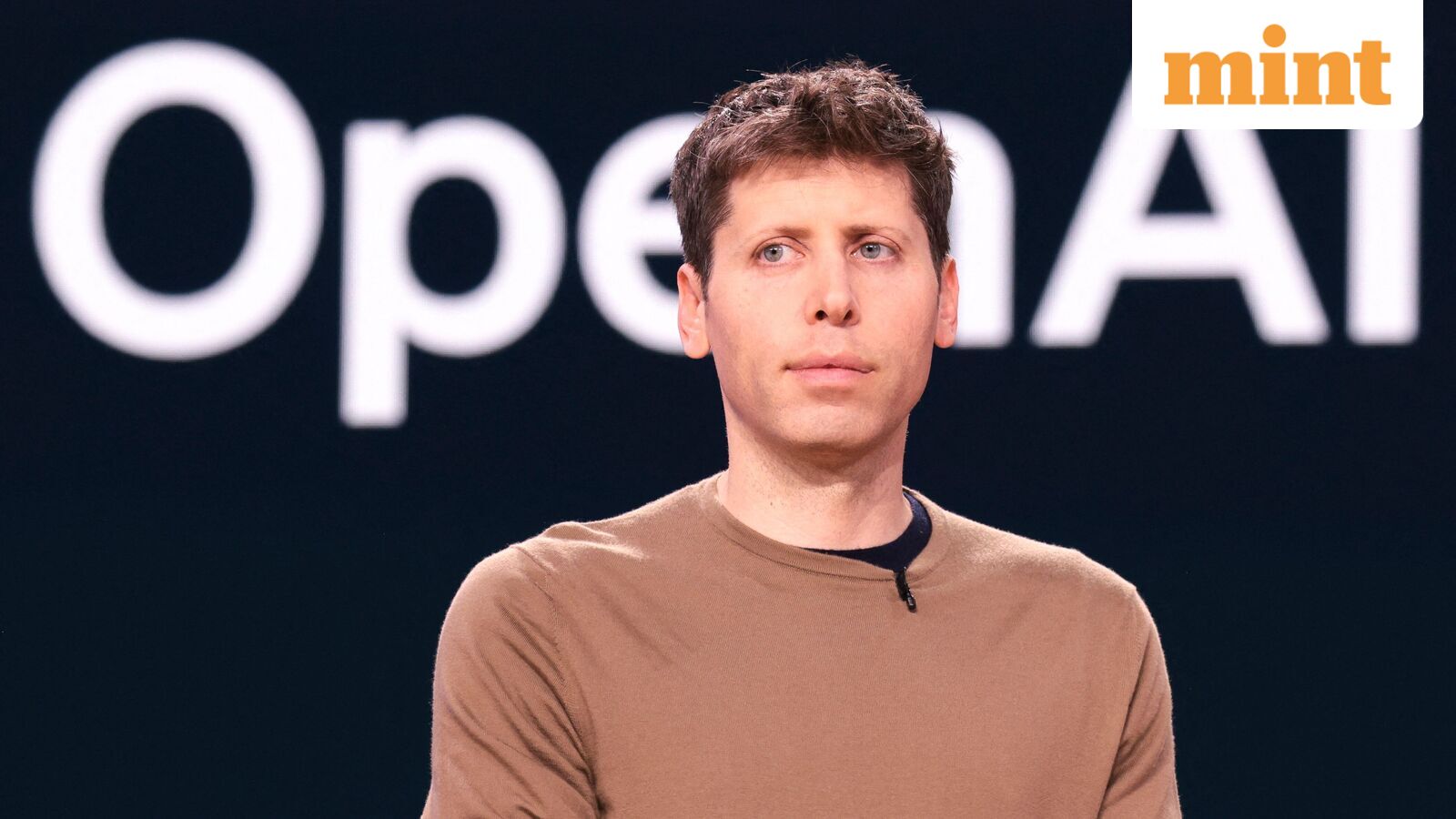OpenAI has issued one of its most striking public warnings yet about the future of artificial intelligence. In a new blog post published on November 6 and shared by CEO Sam Altman on X this weekend, the company says that AI is advancing far faster than most people realise, with capabilities now edging toward genuine scientific discovery.
The post warns that while this progress brings enormous opportunity, it also carries “potentially catastrophic” risks if humanity fails to build the right safety systems in time.
What is AI capable of in future?
According to OpenAI, the world is still thinking about AI as chatbots and search tools, while today’s systems are already capable of outperforming top human minds in complex intellectual competitions.
The company says it now sees AI as “80% of the way to an AI researcher”, suggesting that models are starting to show the ability to generate new knowledge, an ability that could change everything from science to medicine.
“In 2026, we expect AI to be capable of making very small discoveries,” the post says. “By 2028 and beyond, we are pretty confident we will have systems that can make more significant discoveries.”
Progress moving at breakneck speed
The pace of change, OpenAI adds, has been staggering. The cost of achieving a given level of intelligence in AI systems has fallen roughly 40 times every year, meaning what used to take humans hours or days now takes machines seconds.
But the company cautions that the gap between how most people use AI and what AI can actually do is growing wider and that society is largely unprepared for what comes next.
Why companies should deploy superintelligent systems carefully?
Perhaps the most serious aspect of the post arises when OpenAI discusses superintelligence. Notably, this blog post highlights AI that can improve itself without human help. The company states that no one should deploy such systems until proven methods are established to align and control them safely.
Why does the future of AI matter?
Despite its warnings, OpenAI’s message is not all doom and gloom. The company says it still believes AI can lead to a world of “widely distributed abundance”, helping people live healthier, more fulfilling lives.
It envisions AI as a “foundational utility,” as essential as electricity or clean water, powering advances in healthcare, climate science, materials research, and personalised education.
“The north star,” the post concludes, “should be helping empower people to achieve their goals.”
Altman’s decision to share the post himself may highlight a turning point for OpenAI—away from product launches and toward long-term impact.
